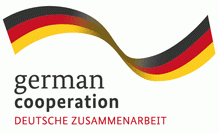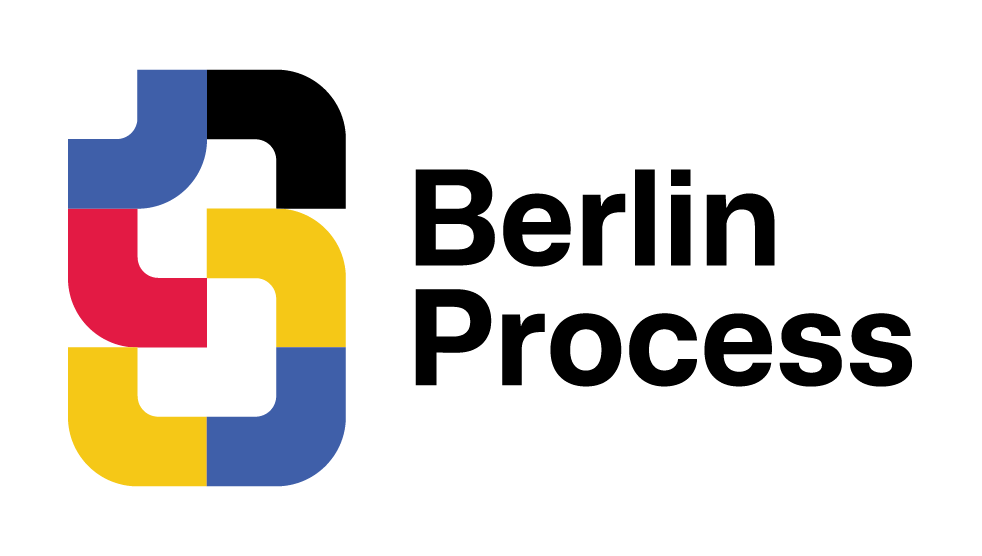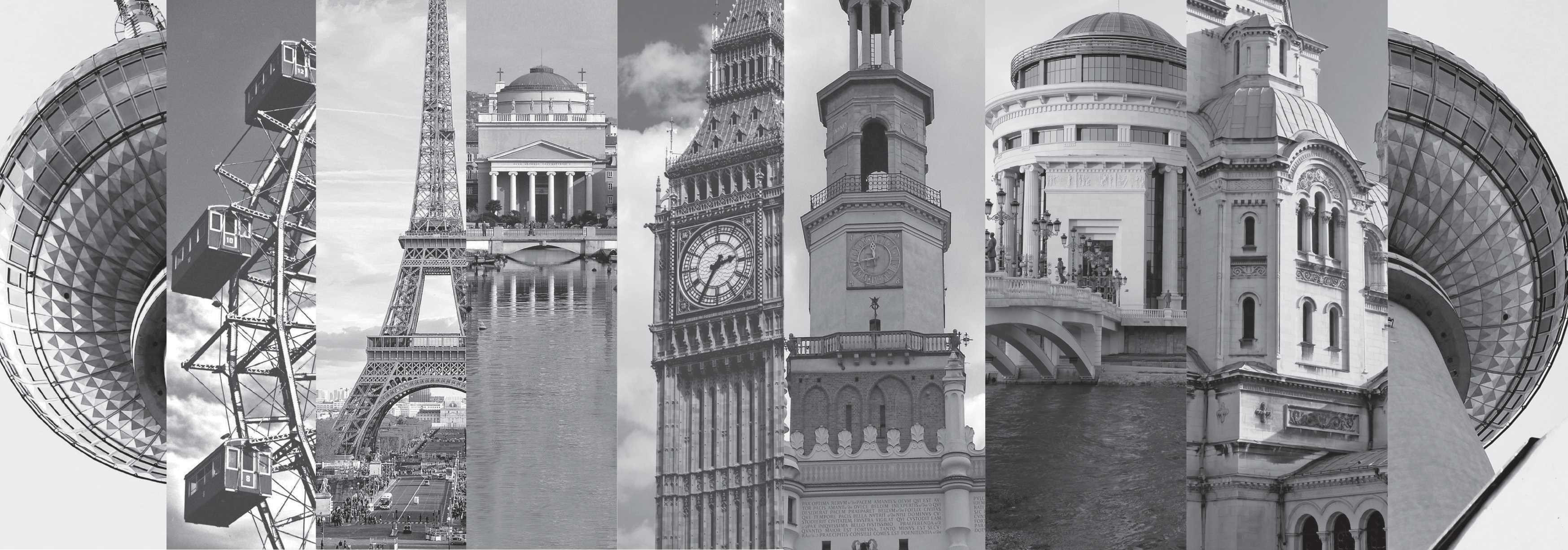The Process has a flexible structure, with no central coordination mechanism but a rotating chair selected in coordination with the German government.
The Berlin process does not solely consist of the summit itself but proceeds prior to the summit with a series of meetings, which are not necessarily in the current host country:
Summit: There is an annual Berlin Process Summit at the level of Heads of Government, with high-level representatives of the EU and Berlin Process partner countries, international financial institutions, and regional organisations involved in the Process
Ministerials: Each year, the summit is preceded by Ministerial Meetings. Among the regular Ministerial formats have been Foreign Ministers meetings, Interior Ministers meetings, Ministers of Economic Affairs, Ministers of Food and Agriculture and/or Energy from the WB6 and Berlin Process partner countries as well as EU institutions. Since 2019, the Roma Ministerial has become an integral part of the process as well. These Ministerials have been complimented by ad hoc Ministerial formats such as a meeting of Health Ministers during the pandemic.
Side events: the high-level political meetings are accompanied by important side events that are an integral part of the Berlin Process:
- Civil Society & Think Tank Forum: this Forum provides space to discussions, demands and inputs of civil society. The results of this Forum are regularly presented to the Foreign Ministers meeting as well as fed into the Summit. The organizers of the Civil Society Forum rotate along with the Chair of the Berlin Process.
- Youth Forum: Hosted by the Regional Youth Cooperation Office (RYCO) to increase the voice of the next generation and provide space to open discussions and exchanges among the region’s youth representatives. The results of this Forum are regularly presented to the Foreign Ministers meeting as well as fed into the Summit.
- Digital Summit aims to support the transition of the region into a digital economy and bring the benefits of the digital transformation since 2018. This Summit has a rotating chair from the WB6.
- Business Forum: The aim of the event is to offer politics, business and potential investors a space for networking and exchange.
- Western Balkans Purchasing Initiative: Since 2015 this core initiative of the Berlin Process has been leading the basis for preparing companies from the region for the EU Single Market, for integrating them in international value chains and for strengthening their export business. This format increases the visibility of high-quality products in the region, leads to increased interest from investors. German buyers and potential suppliers from the Western Balkans meet for a B2B matchmaking event.
- Joint Science Conference: under the lead of the German National Academy Leopoldina, this conference has brought together key national stakeholders of the education and science systems of the region. It addresses the challengers & opportunities for improvement in the education and science systems in the Western Balkans.
- latest addition to BP side events as of 2024 Gender Side Event
With all these different events spread throughout the year the Berlin Process has led to a sequence of significant results in all areas of regional cooperation - including economic, agricultural, and rural development, political and security policy, social affairs, and environmental transformation.


